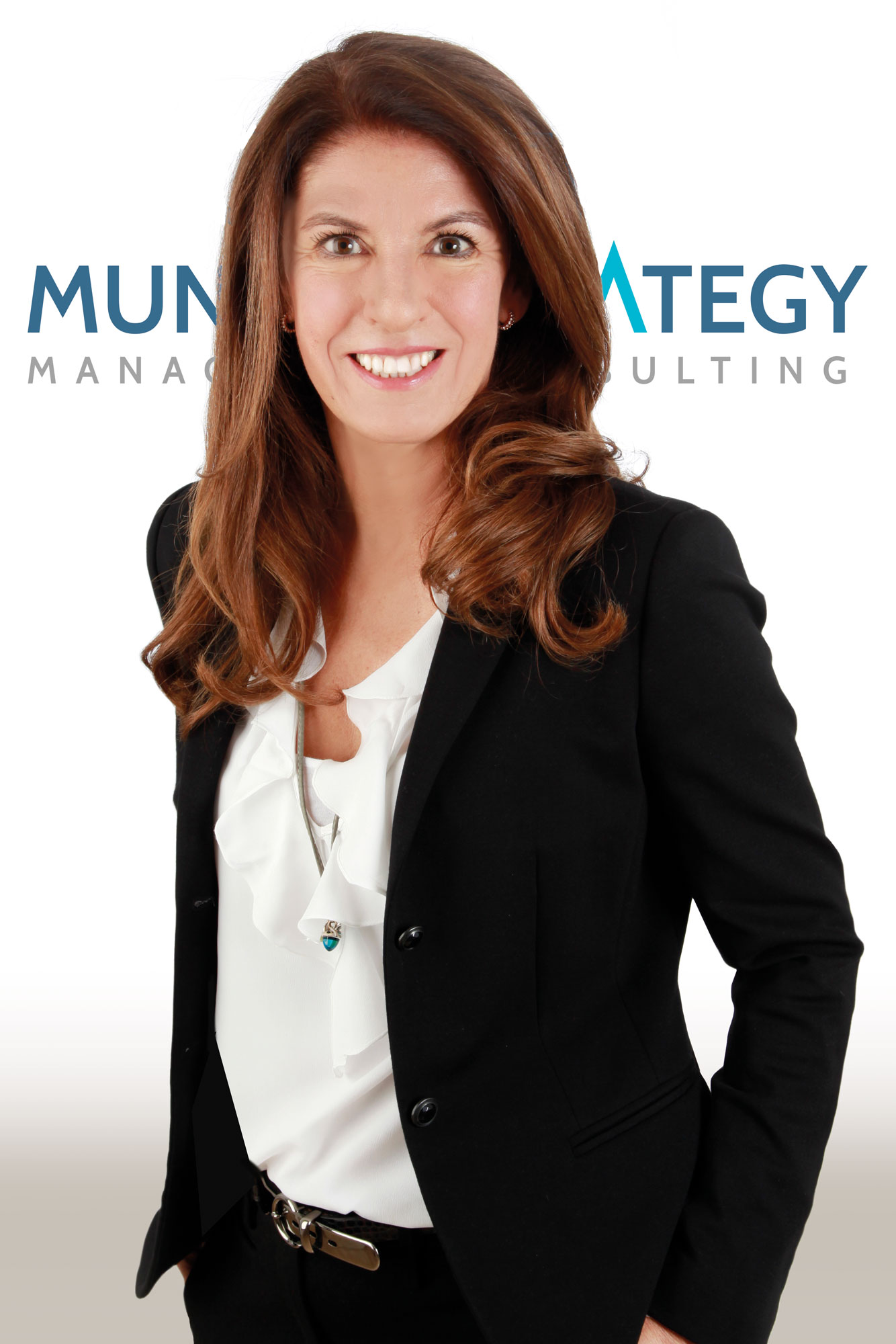
Study: Digital pioneers of the “Mittelstand” 2020
7. January 2021
Ranking: Germany’s Top ‘Mittelstand’ companies 2020
31. March 2022Author
Marisa Elsäßer
INTERVIEW
“Unpacked Is Not a Future Mission For Me”: Interview with packaging expert Barbara Siegert.


Interview with Barbara Siegert.
Barbara Siegert is a food and packaging expert and manager at Munich Strategy. In the study “Food & Packaging beyond Corona” she analyzed what the “New Normal” in the food and packaging industry will look like. In “Packaging 360°” she talked about “unpacked” and “Corona”.
“The solution does not lie in the constant shrinking of packaging down to zero.”
Barbara Siegert, food and packaging expert at Munich Strategy
In your study “Food & Packaging beyond Corona” you find that the Corona pandemic has increased the appreciation of the protective effect of packaging. Does this indicate that consumers want more packaging again?
Siegert: The ecological aspect of packaging remains important for consumers. It has been shown that the protective function of packaging is perceived more strongly in times of corona. We know this from discussions with retailers and the packaging industry. However, we must also make it clear: Fresh fruit and vegetables are a growth segment in retail. Here, despite Corona, significant growth is being recorded in unpackaged goods. And this is due not only to the trend towards more freshness but also to the overriding trend, the ecological aspect of packaging. This is the driving force.
But the ecological dimension of packaging also includes its protective function for food. The keyword is foodwaste…
Siegert: If there is no packaging, there is no protection. The freshness is lost faster, the goods are more susceptible to defects – a constant quality is more difficult to regulate. The avoidance of foodwaste is a sensitive issue for retailers, and they are increasingly taking a stand on it. But for me, the question is not a decision between “packed” or “unpacked”. It is about a transformation towards more sustainable packaging solutions. The solution therefore does not lie in the constant shrinking of the packaging down to zero. Manufacturers, retailers and packaging specialists must sit down at the same table and discuss alternative packaging. The ecological aspects must be considered, but the added value of the packaging should not be given away. For me, unpackaged is not a mission for the future.
In your opinion, what functions make packaging irreplaceable?
Siegert: In addition to the protection of food and hygiene, for example, its function as an information carrier is also important, especially for brand manufacturers. If something is unpackaged, there is no information about the origin of the product or its shelf life. In addition, brand manufacturers have a claim to offer consistent quality. If the product is not protected by packaging, consistent quality can hardly be promised. The stronger the brand, the more difficult it is to realize unpackaged concepts. Packaging can also invite the consumer to interact with the manufacturing company, for example via QR codes and corresponding digital offers. I see so-called “intelligent packaging” such as the “Digi Code”, which uses image recognition to enable waste to be separated according to type and processed further, as an opportunity to put the plastics recycling industry on a completely new footing.
More ecological packaging requires innovations. But they cost money. Who pays?
Siegert:On the whole, we don’t see the consumer as willing to pay more for ecological packaging solutions. German consumers in particular are extremely price sensitive. The price war dominates the food trade. Many products are closely calculated. That’s why I don’t see a great willingness to invest in this area in the retail sector, even if there are high demands with regard to sustainability and people like to make a name for themselves in this area. Innovative packaging solutions need a critical mass in order to be offered competitively. In our view, the industry must therefore be the driving force. We see a willingness on the part of industry and packaging manufacturers to invest in more sustainable solutions. We believe that platform solutions and close cooperation between all those involved are the most promising way to make a difference – for example, to find solutions for the possible use of recycled materials in food products.
What does the future of “unpackaged” look like?
Siegert: In my opinion, “unpackaged” remains a niche for a special target audience. The possibilities for unpackaged products are limited. In terms of product categories, I also see the topic more in the “Care” segment than in “Food”. As far as filling stations are concerned, which are now also offered in many supermarkets, the focus is actually exclusively on dry products. Hygiene and product safety are simply difficult to guarantee with unpackaged concepts.
The interview with Barbara Siegert was first published in Packaging 360° . Questions were asked by Thomas Rehm.
Your contact
t +49 – 89 – 1250 1590
presse[a]munich-strategy.com
Barbara
Siegert

Read more



